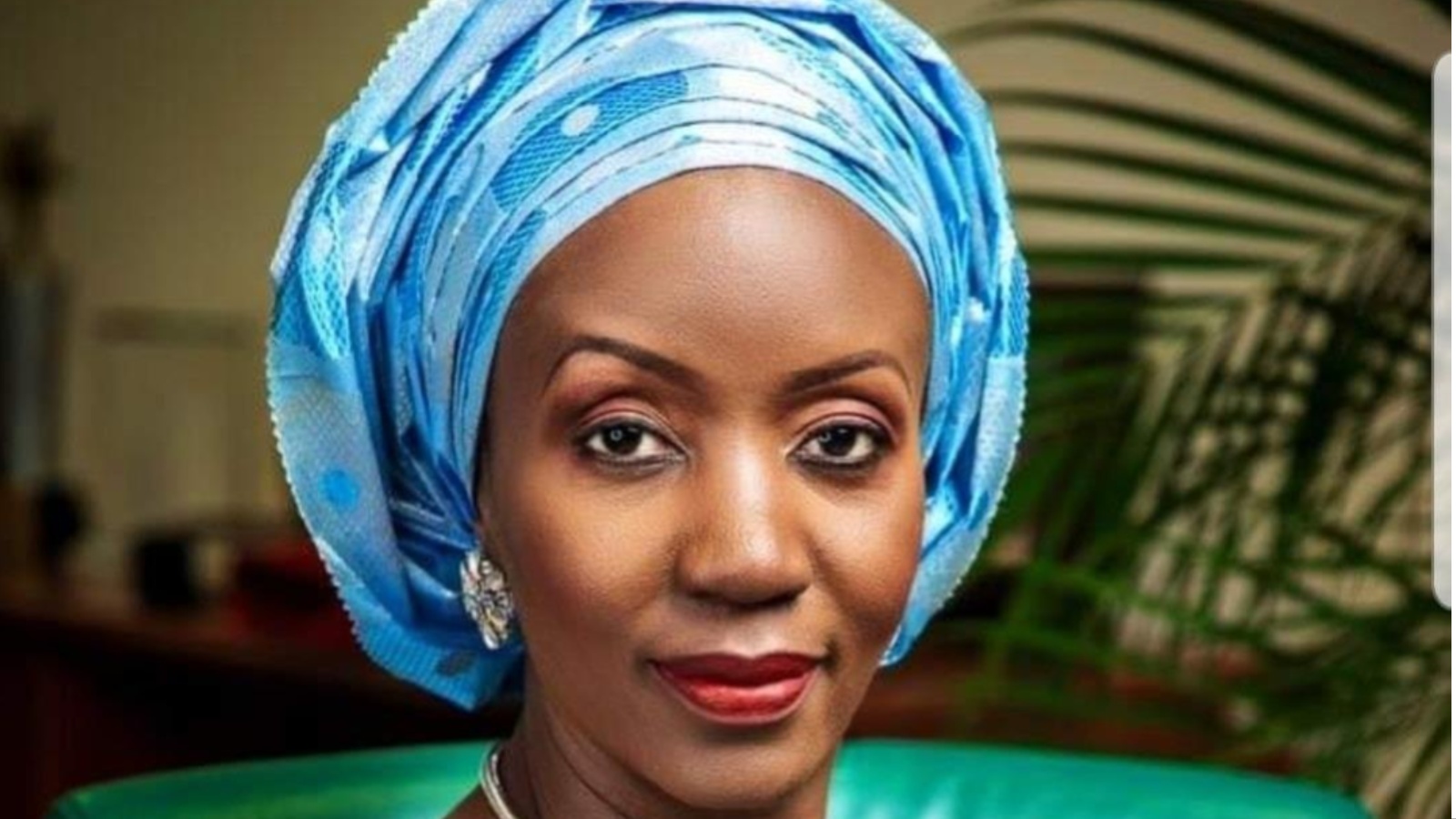Reps Member has tackled President Tinubu and stated that the Dollar to Naira Rate may hit N1000.
Newsonline Nigeria reports that the naira to dollar rate could hit N1000 before the end of 2023, Beni Lar, a member of the House of Representatives, disclosed on Wednesday.
This Nigeria News platform understands that Lar said the naira has been performing badly despite President Bola Tinubu’s campaign promise of bringing down the dollar rate to N200/$1.
The lawmaker revealed that since the floating of the naira by the single exchange rate, the importation of vehicles and other commodities has dropped.
She made this known during the plenary session on Wednesday, where she told other members that when the dollar rate was N0.80Kobo in July 1980, Nigeria wasn’t import dependent, however, the country is import dependent now that the naira is trading to the dollar above N800.
The representative of Langtang North/Lantang South Federal Constituency of Plateau State stated this to back her motion titled; “Need to stabilise Nigeria’s foreign exchange rate”
Other challenges she disclosed were Nigerians abroad suffering from the devaluation of the naira and the prices of goods and services rising in response to the influence of the dollar rate on inflation.
“In July 1980, the exchange rate was $1 to 0.80Kobo, in July 2022, the rate was $1 to 670 naira, while in July 2023, the exchange rate is now $1 to 815 naira, shortly after the new administration had promised during the campaigns and upon inauguration to stabilise Nigeria’s exchange rate at N200 to $1.
“In the 1980s, most of the food and products consumed were grown or produced in Nigeria. Today, the Nigerian economy is mainly dependent on importation and there lies the source of the terrible exchange rate we are now experiencing.
“The importation of vehicles and other commodities has dropped, since the floating of the naira by the single exchange rate.
“The impact of the unified exchange rates has made Nigerian students abroad suffer tuition fees increase by over 60 per cent, making the money in their bank accounts insufficient to pay school fees due to devaluation of the naira,” Lar said.
The lawmaker in the lower chamber further stated that the appreciating foreign currencies have an impact on inflation and hike prices of goods and services.
“The naira has been on a rapid decline against the US dollar, euro and pounds sterling, thus leading to hike in the prices of goods and services. This has worsened the inflationary situation and the cost of doing business in Nigeria.
“The high prices of goods and services are taking a huge toll on the average Nigerian, making life unbearable.
“If this is not reversed, $1 could be exchanged for 1,000 naira by December 2023 and the current economic situation may trigger an inflationary spiral that may throw Nigeria into economic recession and depression”.














